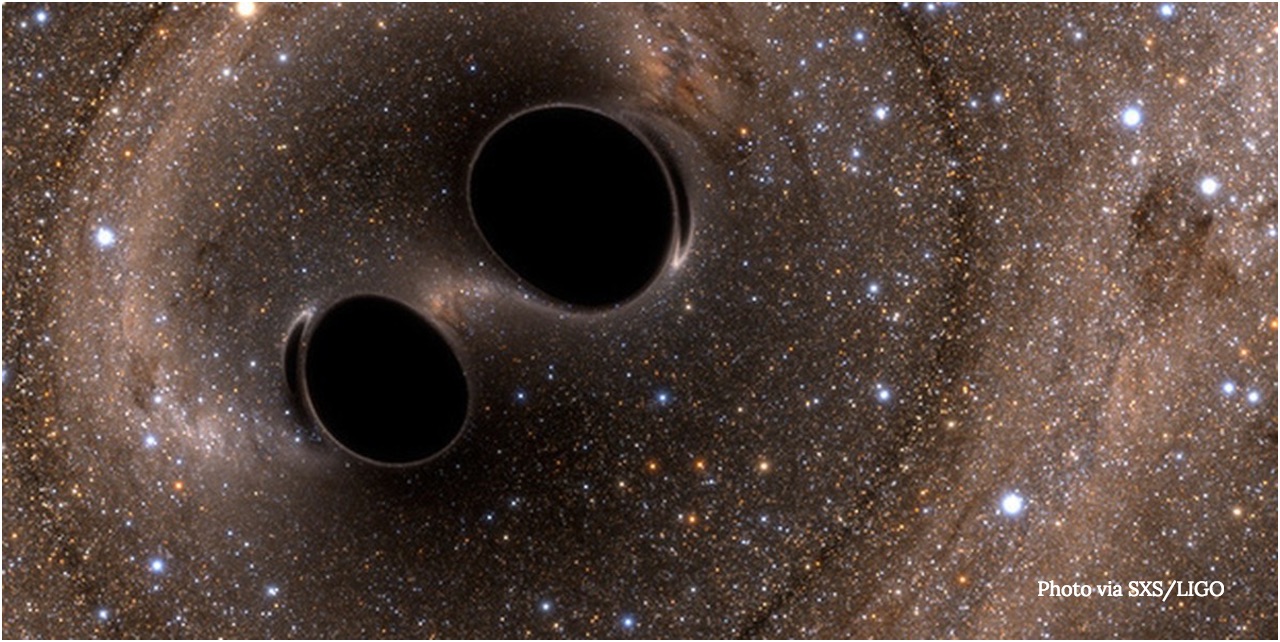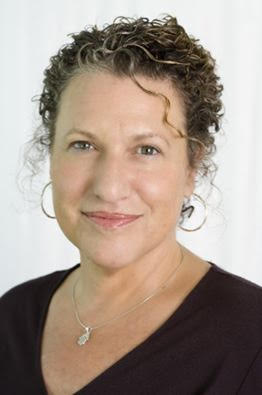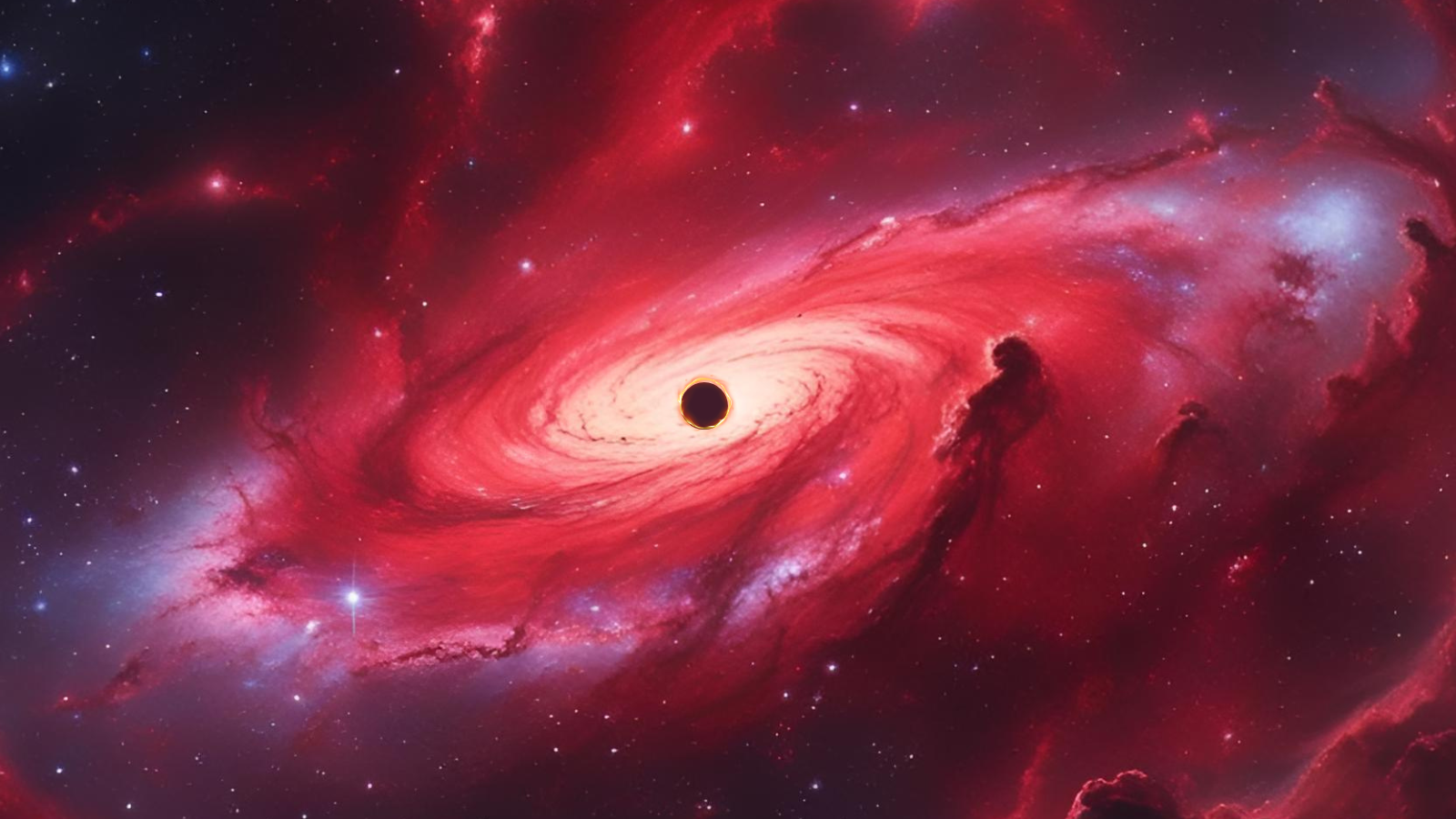We're on the Verge of a Gravitational Wave Astronomy Boom

A prototype space-based gravitational wave detector performed far better than expected during its trial run, raising prospects that a follow-on observatory to listen for echoes from the biggest crashes in the cosmos will be launched ahead of schedule.
LISA Pathfinder, which has been in orbit for a little more than a year, was intended to test if two small cubes could be kept in an extremely steady and measurable state of free fall. If successful, scientists could use the technique to detect ripples in space, a phenomenon first envisioned by Albert Einstein 100 years ago.
The ripples, which are called gravitational waves, occur due to massive objects, such as black holes and neutron stars, warping the fabric of spacetime as they move. The first detection of gravitational waves was made last year with the ground-based Laser Interferometer Gravitational-Wave Observatory, or LIGO.
Putting a system in space would give astronomers a way to detect ripples that oscillate over hours instead of in fractions of seconds, such as the gravitational waves detected by the twin LIGO observatories.
The waves LIGO detected were caused by two black holes, each about 30 times more massive than the sun, colliding to become a single larger black hole more than 1.3 billion light years away.
RELATED: A Rapidly Spinning Black Hole Was Seen Killing a Distant Star
The space-based LISA observatory, by comparison, would be able to detect black holes one million times more massive than the sun that date back to the dawn of the universe.
Breaking space news, the latest updates on rocket launches, skywatching events and more!
"It's a different astronomy and very, very rich," astrophysicist Stefano Vitale, with the University of Trento in Italy, told reporters at a recent meeting of the American Association for the Advancement of Science in Boston.
For LISA to work, the space buoys have to be kept at a level of quiescence equal to one-millionth of one-billionth of the force of Earth's gravity, said Vitale, the lead scientist for LISA Pathfinder.
The goal of the demonstration mission was to get within 10 percent of that mark. To save money, LISA Pathfinder suspends two cubes within one spacecraft, which contributes additional forces. A laser keeps tabs on the distance between the cubes.
The operational LISA would use three satellites, formation flying in a triangle more than 620,000 miles apart and tracked by lasers, to detect gravitational waves.
RELATED: Our Supermassive Black Hole Could Be 'Supercharging' Stars' Magnetism
LISA Pathfinder ended up far exceeding expectations.
"We have done better than the requirement for LISA," Vitale said. "This is a final green light for LISA."
Originally targeted for launch in 2031, scientists are now looking at launching two years earlier, Vitale said.
By then, LISA should have many terrestrial counterparts. The two LIGO detectors are in the process of being upgraded and will be joined this year by a third gravitational wave detector, called Virgo, in Italy.
With three detectors, scientists can triangulate an observation and home in on the location.
For example, If Virgo had been operational when LIGO made its first gravitational wave detection, scientists would have been able to determine where the black holes crashed to within 10 square degrees instead of 600 square degrees, said astrophysicist Gabriela Gonzalez, with Louisiana State University in Baton Rouge.
In 2020, Japan expects to open its Kamioka Gravitational Wave Detector, KAGRA, which is being built more than 650 feet underground in Kamioka, northwest of Tokyo. A fourth detector in India is aiming for a 2024 debut.
WATCH: Do Black Holes Ever Die?
Originally published on Seeker.

Irene Klotz is a founding member and long-time contributor to Space.com. She concurrently spent 25 years as a wire service reporter and freelance writer, specializing in space exploration, planetary science, astronomy and the search for life beyond Earth. A graduate of Northwestern University, Irene currently serves as Space Editor for Aviation Week & Space Technology.
